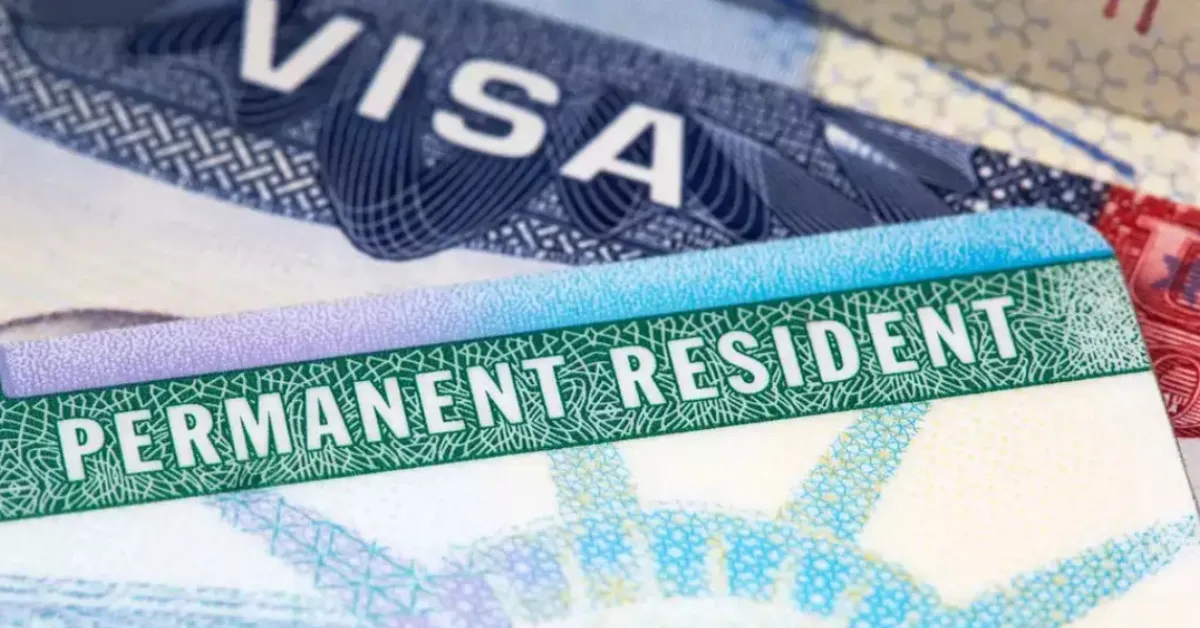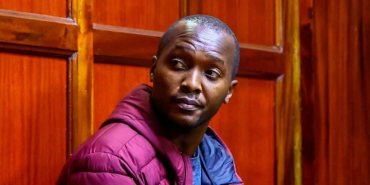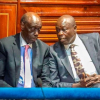JD Vance: Green Cards Don't Guarantee Permanent Stay in the US

Recent comments by Vice President JD Vance concerning the rights associated with green cards have amplified an ongoing debate about the conditions of permanent residency in the United States.
The discussion has gained further traction following the arrest of Mahmoud Khalil, a Columbia University graduate student and green card holder, for his participation in protests related to the Israel-Hamas conflict. Vance, during an appearance on "The Ingraham Angle," asserted that green cards do not guarantee an indefinite right to reside in the US, a point that has stirred controversy among legal experts and immigration advocates.
Khalil's situation underscores the complexities of green card status: his green card had been previously revoked under the Trump administration, but a federal judge intervened, halting his deportation pending a formal hearing. A green card, officially designated as a Permanent Resident Card, permits foreign nationals to live and work within the US. However, this status is not without conditions.
The US law stipulates that a green card can be revoked under various circumstances, including criminal activity, extended absences from the country, or failure to comply with immigration regulations. While green card holders generally possess First Amendment rights similar to those of the US citizens, serious offenses or clear violations can lead to revocation proceedings.
Aurelia Menezes, a partner at King Stubb & Kasiva, emphasizes that potential grounds for removal include fraud, posing a national security threat, or prolonged periods spent outside the US. The prospect of revoking green cards based on lawful activities has raised concerns about potential policy shifts. Russell A. Stamets from Circle of Counsels notes that such actions could represent a significant departure from established US policy.
Amy Greer, Khalil's lawyer, indicates that Immigration and Customs Enforcement (ICE) agents initially sought to revoke his student visa before focusing on his green card status. According to the US Citizenship and Immigration Services (USCIS), green card holders are obligated to adhere to specific responsibilities. These include obeying all laws, filing income taxes, and supporting the democratic form of government, although they do not have the right to vote.
Concurrently, green card holders are entitled to live and work in the US and are protected by federal, state, and local laws, with certain exceptions for positions restricted to US citizens for national security reasons. The convergence of Vance's statements and Khalil's case has cast a spotlight on the intricate nature of green card status and ignited a broader dialogue about US immigration policies.














Add new comment